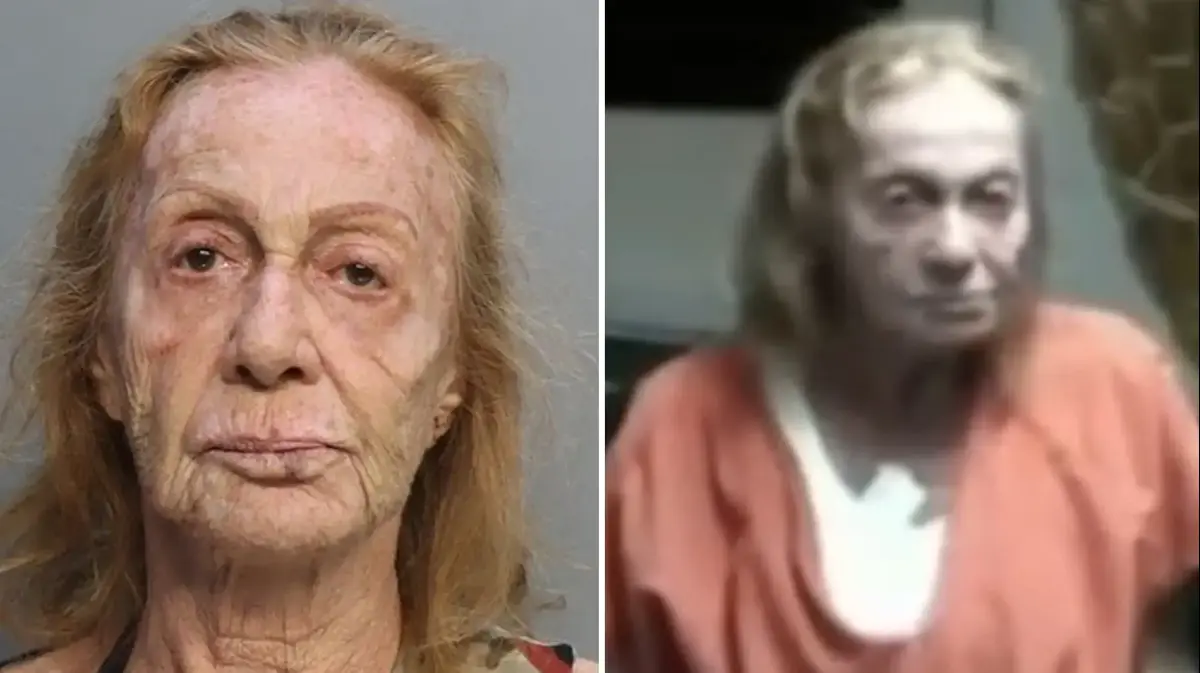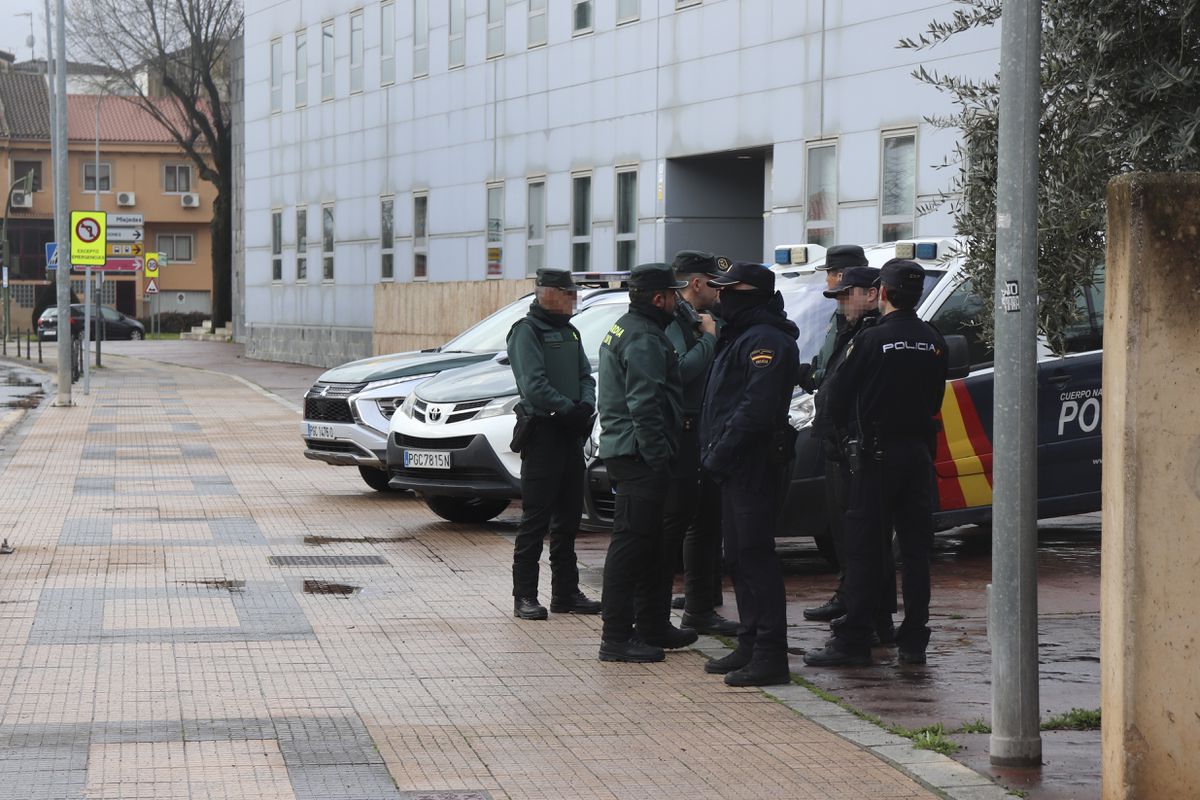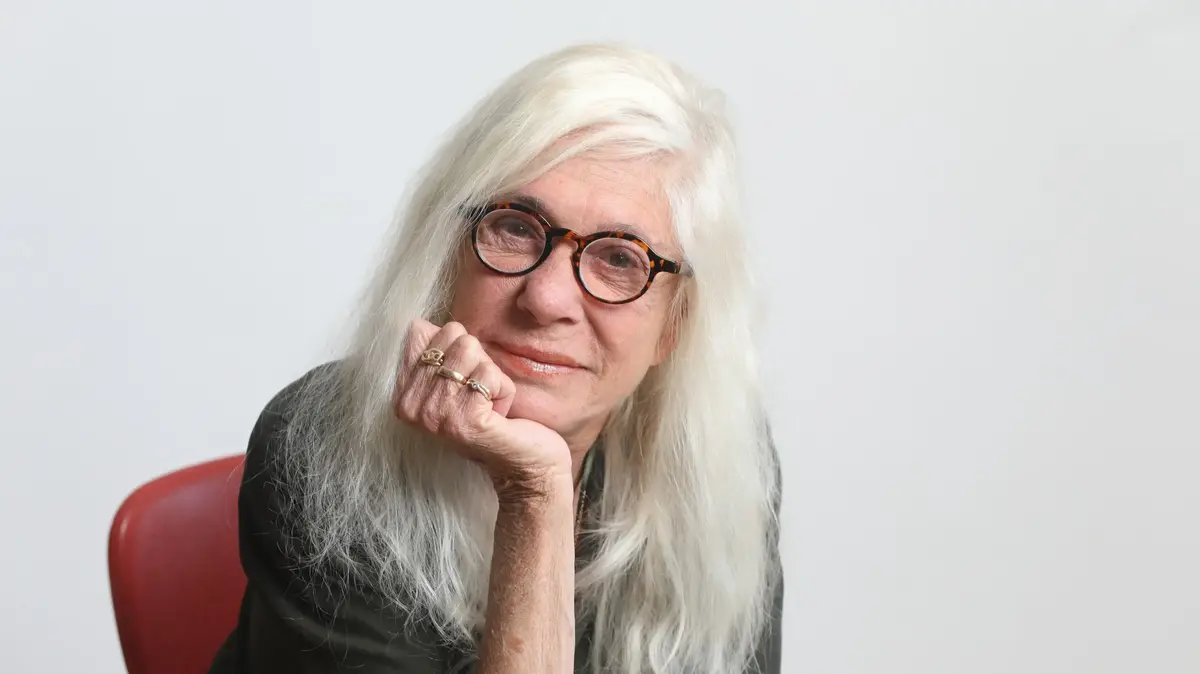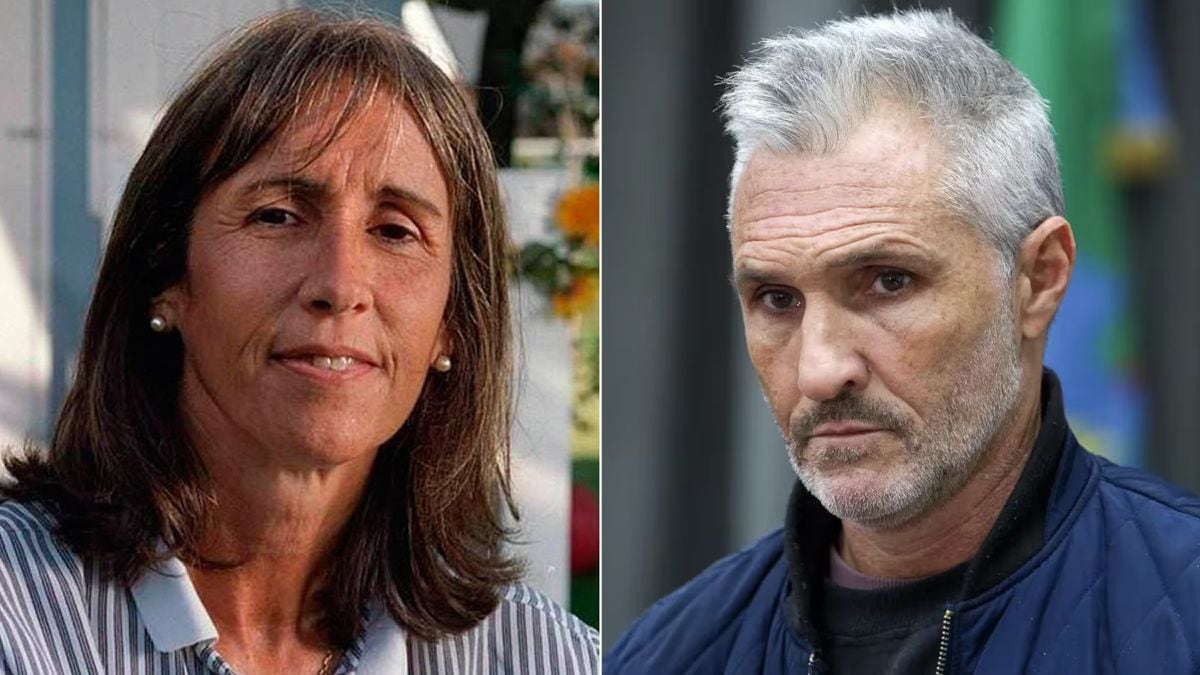Note to readers: EL PAÍS offers openly all the content of the Future Planet section for its daily and global contribution to the 2030 Agenda. If you want to support our journalism,
subscribe here.
“The Lenca people are ancestral custodians of the rivers, also protected by the spirits of the girls who teach us that giving our lives in multiple ways for the defense of rivers is giving our lives for the good of humanity and this planet ... ”.
These were part of the words that Honduran Berta Cáceres spoke when she collected the Goldman Prize, considered the highest recognition in the world for activists who defend the environment.
Cáceres ended that speech by dedicating the award to his organization ―the Civic Council of Popular and Indigenous Organizations of Honduras (COPINH) -, to his people ―the Lenca―, to his mother and to the martyrs for the defense of the goods of nature.
It was April 2015. Eleven months later, on March 3, 2016, four hit men entered her home in the village of La Esperanza, in southwestern Honduras, and murdered her.
Today is five years old.
More information
The price of activism
The death of Berta Cáceres amplified her fight
The fashion of persecuting human rights defenders in times of coronavirus
What would I say to my mommy now?
His death shocked the world, especially the Lenca indigenous people, united around COPINH, who that same day ratified their commitment to continue defending water, rivers, nature and their rights as a people.
"This attack is a clear sign of the escalation of repression against all people who fight for nature and oppose transnational companies that plunder Honduras," they said, calling for national and international solidarity, demanding justice and emphasizing it with a forceful: "Berta Cáceres lives!"
The spirit of Berta Cáceres is, indeed, alive.
His murder sought to break the organization and the social fabric.
It did not succeed.
The best example is found in Berta Zúñiga, the activist's eldest daughter, who assumed the coordination of COPINH, which continues to be strong, working in times of pandemic, organizing communities and denouncing the more than 50 dams that they want to build.
"Here we are resisting and we have to move on," says Cáceres' eldest daughter through a video call.
In Honduras, 50 environmental defenders have been killed since 2016, according to Global Witness
For Zúñiga it is a very big challenge to be in charge of COPINH.
She grew up in the organization co-founded by her parents, primarily her mother, who had a tireless commitment to fighting throughout her life until the day of her murder and beyond.
A legacy that is not easy to carry in a country that violates the fundamental rights of peoples, as Zúñiga says.
“There are many circumstances that give us a complicated and hopeless scenario.
But here it is necessary for us to continue with the work of transforming the reality of Honduras, as well as dignifying the memory of the martyrs ”.
The crime of Berta Cáceres amplified her struggle, but five years have passed and little has changed in Honduras, a country where since 2016, according to Global Witness, 50 environmental defenders have been murdered and where nature and communities continue to be trampled on for a relentless development model.
“Unfortunately, in these five years everything has gotten worse.
When we began this work for justice, the objective was to contribute to the non-repetition of crimes against the people who are defending the territories.
But, currently, the circumstances of persecution and criminalization by the State and large companies continue to exist.
There is no political will and that will take longer than we would have liked, ”says Zúñiga.
For the daughter of Berta Cáceres, her mother's inheritance is very great.
She managed to intersect the struggles;
the defense of the territories and the rights of women with the internal, state, business, military and political violence of the world.
And he highlights the integral nature of his reasoning, of not thinking only of the freedom of the Lenca people, but of embracing all the causes to more effectively confront racism towards indigenous and black peoples.
"The commitment to these lifelong battles and life", highlights the current coordinator of COPINH.
Five years later, the struggles in the territories are still the same.
The activist's daughter highlights the recognition of community lands for the towns, because the communities' titles of ownership were annulled or unknown.
"Something that the State neither recognizes, nor makes efforts to recognize."
Berta Cáceres gave her life to defend the Gualcarque River, located in the northwestern part of Honduras, between the departments of Santa Bárbara and Intibucá, and sacred to the Lenca people.
In 2011, COPINH and Honduran President Porfirio Lobo had agreed not to authorize the construction of dams in the territory of Lenca communities without prior consultation.
A year later, the Government approved 24 hydroelectric projects in the country, including the Agua Zarca project on the Gualcarque river, whose concession was granted to the company Desarrollos Energéticos SA (DESA).
The Lenca population was not going to allow their waters to be seized and restricted access to a commodity so essential to them.
And the activist led an arduous campaign against Agua Zarca that succeeded in getting the Chinese multinational Sinohydro, which was going to carry out the work, and several international financing banks to withdraw from the project.
They never forgave him.
The threats came and then his death.
The construction works of the Agua Zarca hydroelectric plant were paralyzed after the murder of Cáceres and remain so to this day.
But it is a concession for 50 years.
"For us it continues to be a latent threat," says Zúñiga, who also affirms that the project is the product of the racism of denying the voices of the peoples.
"Our desire is to be an example for other indigenous communities that are going through the same thing."
A country of dams
Conflicts related to access to land and water scarcity are increasing throughout the region.
In Honduras, as in other Latin American countries, electricity generation has grown in recent decades and both governments and companies have intensified the exploitation of rivers and subsoils.
According to the report Territories at Risk II by Intermón Oxfam, 112 hydroelectric plants are currently operating in Honduras and there are 300 more in projection that are in different phases of planning and execution, 25 of which are within protected areas and another 34 are in Lenca territory.
Without going any further, last January the Honduran government approved the design, construction, expansion and operation of 14 more dams.
The State justified the measure due to the emergency situation that exists after the devastation caused by the recent hurricanes ETA and IOTA.
Within this framework of action, these dams were declared prioritized megaprojects of national interest.
The Government thus understands that it will solve the energy crisis that it claims to have and prevent, according to its criteria, that new natural phenomena cause damage again.
Since Berta Cáceres died, her family and the community have not stopped demanding justice so that the murder is clarified.
They seek that the intellectual authors of the crime are known, and that the State admit its responsibility.
Behind the violence suffered by the communities, Zúñiga considers that he is part of the political power and the Honduran business oligarchy.
The same that supported the coup d'état of 2009 and that allowed the concession of dozens of hydroelectric projects.
The COPINH coordinator is not afraid of going to the extreme: “In a sense, it is an advantage to be the daughter of Berta Cáceres because that has been a kind of protection for me because of what she means.
In the judicial process we are doing everything possible to prosecute even those most responsible.
Not allowing total impunity is also a protection ”.
From Berta we learned to be strong, to defend our rights as women.
That is his legacy, that despite what we have been through, we still stand.
We are still many Bertas Cáceres who remain here
Dunia Maheli
The investigation has already revealed that the crime was planned and carried out with the knowledge and consent of DESA and that it was directed by the military and those responsible for said company.
So far, seven men, three hit men and four people linked to DESA and the Army have been convicted.
There is an eighth detainee pending trial, the CEO of the company, David Castillo.
“We are convinced that the sentence will be conviction.
He is the link with those top managers ”, highlights Zúñiga.
The memory lives on
In the Río Blanco community, where the Agua Zarca project is located, they continue to fight for land, occupying the land that the company took over and defending their river.
Always living on permanent alert while they continue to plant beans, bananas, avocados, sugarcane and, above all, corn.
The threats and attacks have not stopped.
Last summer, their cereal harvest was destroyed, putting the food security of dozens of families at risk.
There are colleagues from COPINH like Rosalinda Domínguez, with various threats that constantly put her life in danger for being at the forefront of this process.
And that's where Dunia Maheli, his daughter, came from, who walked hand in hand with Cáceres.
“From Berta we learned to be strong, to defend our rights as women.
That is his legacy, that despite what we have been through, we still stand.
We are still many Bertas Cáceres who remain here ”, Maheli clarifies by video call.
For the fifth anniversary, COPINH is preparing virtual activities such as concerts and meetings.
"We remember that day as if it were yesterday and it gives us the energy to keep replicating his voice to move on," says Maheli.
And hence her dream of continuing to train and show Cáceres' legacy to future generations, especially women: “The one who directs the organization today is a woman and that gives us the strength to tell our colleagues to raise their voices, that we can and we have the same rights ”.
A memory that is still very much in force in the struggle of the entire Honduran people.
In November of this 2021 the presidential elections will be held.
"We hope that the panorama will change and that the Honduran people have the ability to be the auditor of a transparent electoral process, that the popular will is respected and that it transforms the reality of the country," says the COPINH coordinator.
“Our struggles continue.
We are going to meet on this fifth anniversary symbolically to recall our colleague Berta Cáceres and to renew that pact to achieve justice ”, concludes Berta Zúñiga, the seed of a woman who will be 48 years old tomorrow.
FUTURE PLANET can follow on
,
and
, and subscribe
here
to our 'newsletter'
.


/cloudfront-eu-central-1.images.arcpublishing.com/prisa/XWDEWCZPBVCCDFB3VJU2TWK5PY.jpg)












